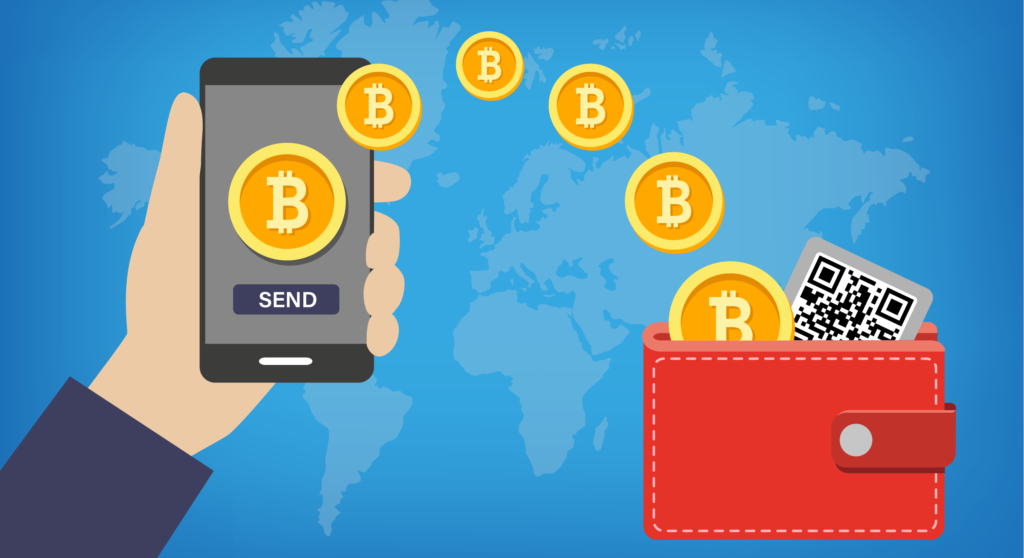In the fast-growing world of cryptocurrency, digital wallets have become indispensable instruments for investors, enthusiasts as well as everyday users. The digital storage containers been instrumental in revolutionizing the ways we use as well as store and trade through crypto currencies. There are a myriad of options to choose from that it’s important to comprehend the different types of crypto wallets in terms of their forms, types, safety measures, as well as their importance in the world of crypto.
In essence, the crypto wallet isn’t any different than a conventional wallet that you would carry inside your purse. Instead of storing physical money and credit cards the wallet stores private keys, cryptocurrencies as well as transaction records. However, there’s one major distinction – it does not store the cryptocurrencies itself; instead it stores your cryptographic keys that allow you to control and access their use through the blockchain.
A lot of software wallets have easy-to-use interfaces, which make it effortless to send and receive crypto. Many even have features such as the ability to track portfolios and trade with one click. Although they are very secure, are more difficult to use, and require some technical expertise to setup and utilize. Recently there’s been a tendency to develop all-in-one wallets which combine the security of physical wallets and the ease of using software-based wallets.

They aim to achieve a balance between usability and security and make best grid trading bot malaysia more accessible to everyone. While cryptocurrencies increase in popularity, the development of wallets for crypto will not be finished. New technologies such as biometrics multi-signature wallets, multi-signature wallets and Decentralized Finance (DeFi) integrations have shaped the future of the digital asset management.
Biometric authentication, like facial recognition and fingerprints, will increase security as well as speed up the authentication process. Multisignature wallets that need multiple private keys for authorization of transactions, provide additional security against access by unauthorized persons. Integrations with DeFi within wallets allow users to participate seamlessly in loans, lending and trading right via their wallets. This eliminates the requirement for exchanges through third parties.
They allow you for securing, managing the management of, and even transact with, digital assets. This makes them crucial in the cryptocurrency space. No matter if you decide to use the security and reliability of a metal wallet, or the convenience of a digital wallet protecting your personal keys must always be an absolute priority. The crypto-related technology continues to develop and grow, so will the features and capabilities of cryptocurrency wallets, thereby shaping the future of financial technology.
